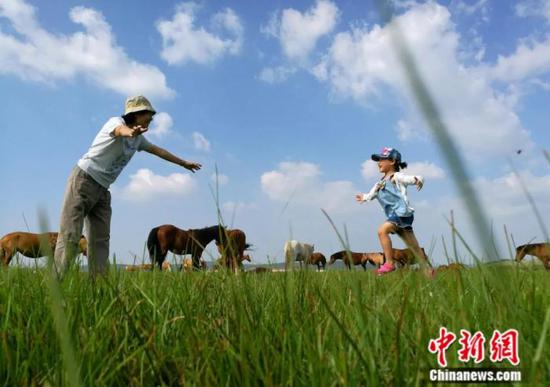
File photo of a girl and her grandparent playing in Saihanba, where barren land was turned into forest after six-decade-long efforts.(Photo:China News Service/ Yang Kejia)
CNS: Entering the era of industrial civilization, human beings have moved faster to grab natural resources, and extreme weather events occur frequently. What’s your take on the challenges brought by climate change?
Lou Yulie: I think we should find a fundamental solution to these problems. Human beings should examine themselves. It is the excessive desires of human beings that lead to these problems. This is also related to the development of science and technology. With more and more means and stronger science and technology, human beings believe they can do whatever they want to. The most fundamental point is self-examination and self-restraint, otherwise it will be very difficult to solve the problems.
I have said many times that the development of science and technology must be guided by humanistic thought, and we must know what should and should not be developed. If the development is beneficial to mankind, we can do it; if it is harmful, it doesn’t have to be developed or even to be created. Only by alleviating the desires of human beings can we change the current situation.
In this respect, I think Chinese culture is indispensable to humankind. Chinese culture pays more attention to people, and people should be the masters of things. The point is not material civilization or scientific and technological civilization, but self-consciousness and self-discipline of human beings.
CNS: Recently, some western countries say that China and India should be responsible for addressing climate change and they put pressure on developing countries. What’s your take on the disagreement and cooperation space between the East and the West?
Lou Yulie: I think this is completely benefit-driven. They have already gained benefit and are unwilling to let others gain benefit. They have accumulated experience in development, but don’t want to see others become rich and develop.
As models, they should give help to others; in particular, the strong should help the weak. This is the real advanced civilization. It’s not right for the strong to bully and manipulate the weak.
Chinese culture recognizes that the difference between animals and human beings is that animals compete and the weak are the prey of the strong; while human beings help each other and the strong help the weak. Such idea should be widely publicized. Of course, many westerners have recognized the importance of international climate cooperation and urge their governments to take action. But I think it is very difficult to find a fundamental solution.
CNS: There have been many difficulties in cultural exchanges between China and the West in recent years. What’s your suggestion on the cultural dialogue between China and the West?
Lou Yulie: There are many differences on culture and thinking between China and foreign countries, but communication is necessary. The most important point is inclusiveness and respect. It is impossible to force each other to make changes. Instead, we should influence them through our daily life practice.
Looking back on history, we can see that the most important way of cultural exchanges along the Belt and Road was to influence each other through the life of merchants. Chinese and foreign cultures are different in values, outlooks on life, ways of thinking and many other aspects. But these are not the problem. They can coexist.
The power of role models is infinite. We just show others how we live. We advocate saving food and protecting nature. Example is better than precept. We just do what we should do and let the outside world see how China handles the relationship between man and nature.
(The interview record was first published on January 6, 2022 by China News Service.)








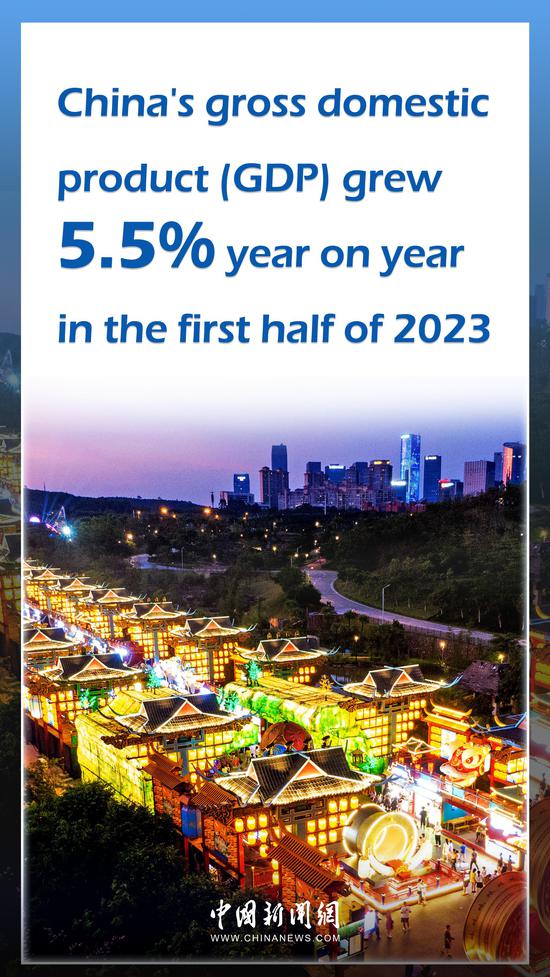
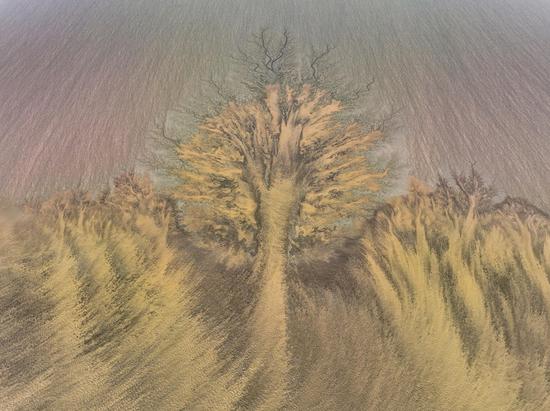
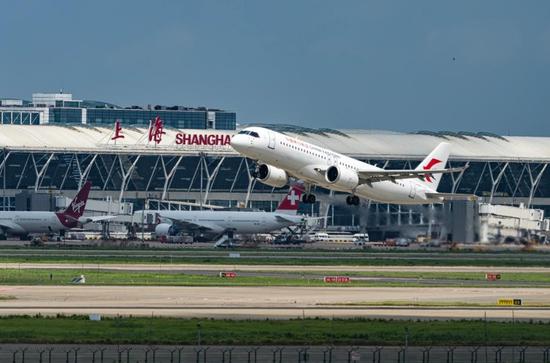
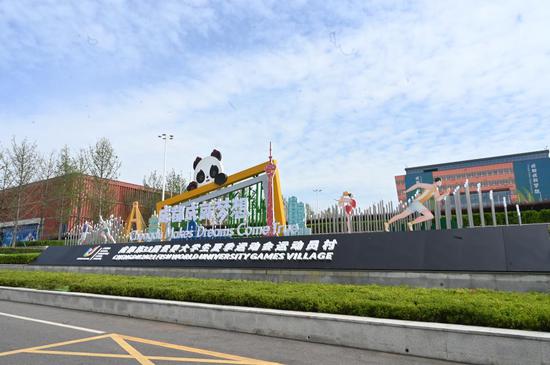
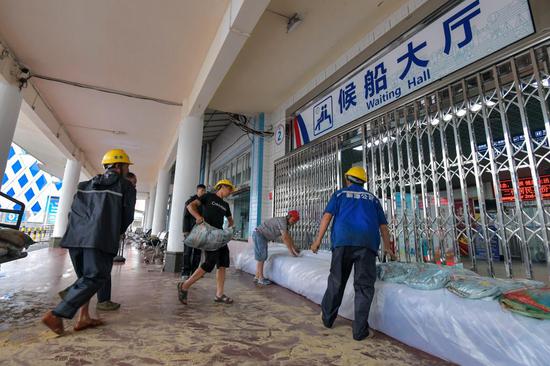
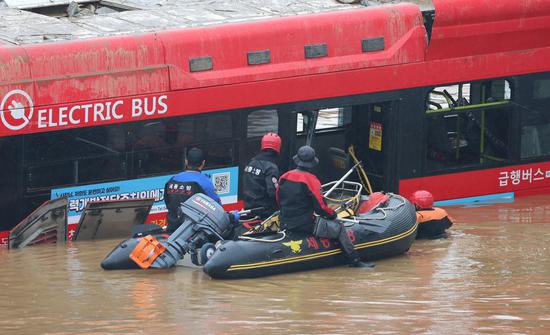
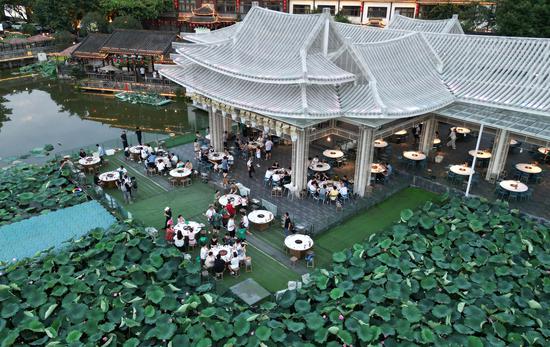
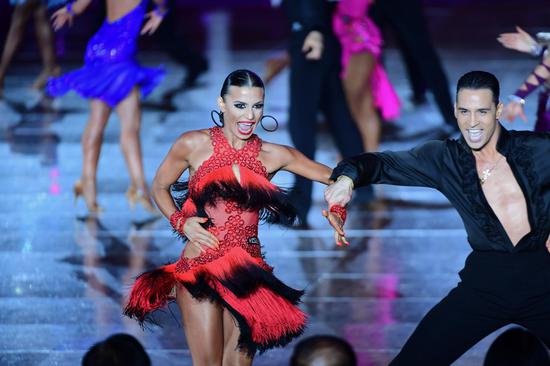
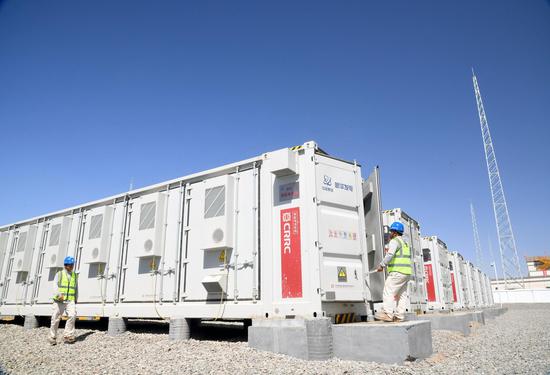
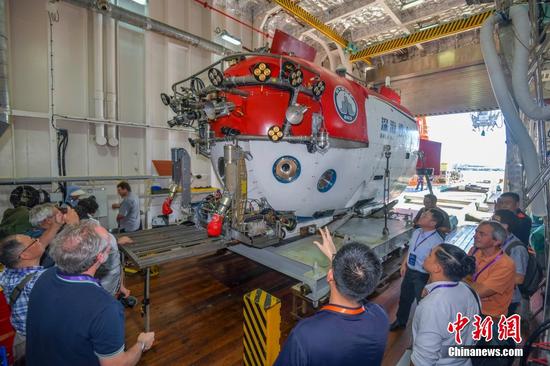
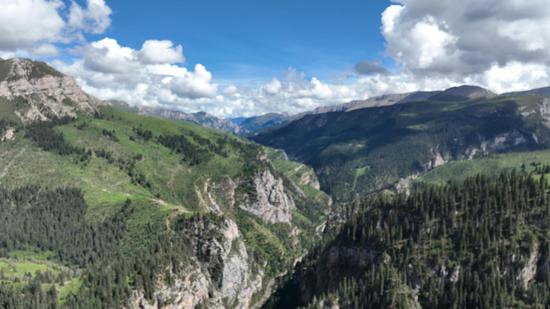
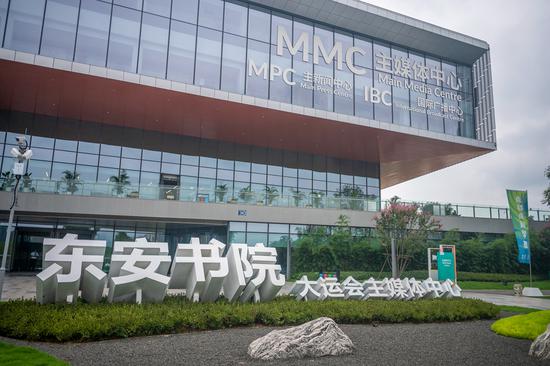

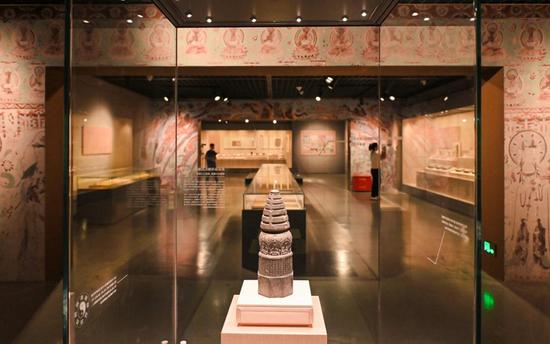
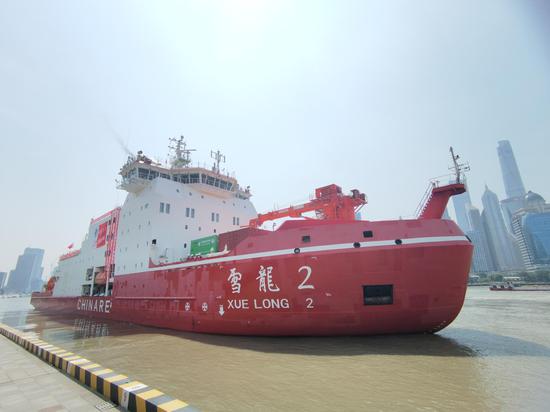
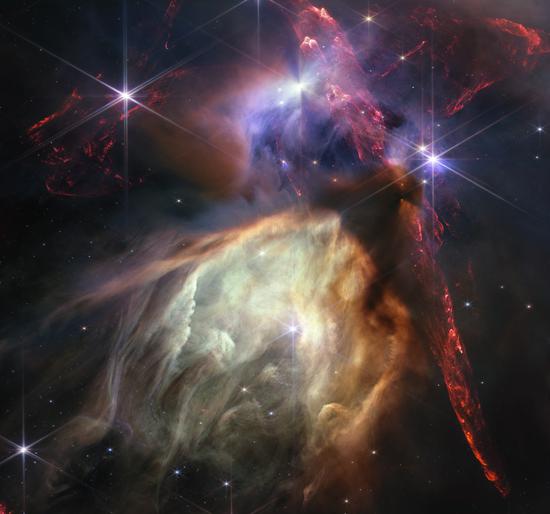
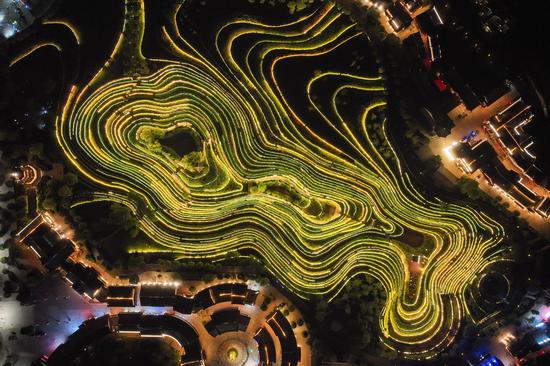
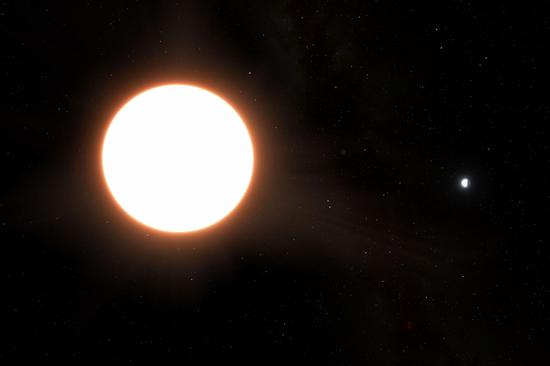
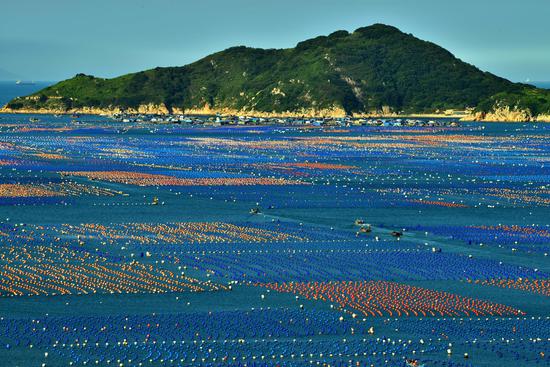
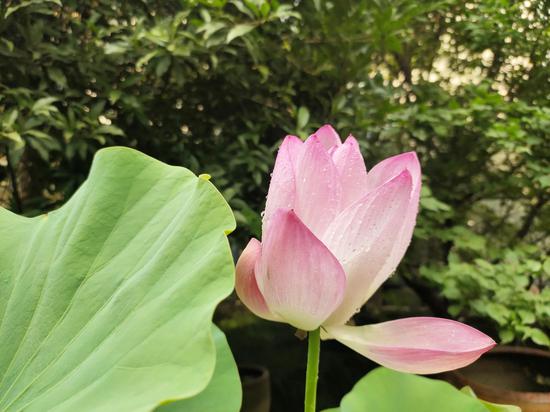
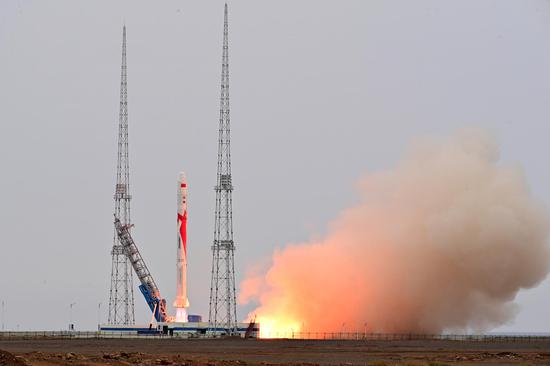
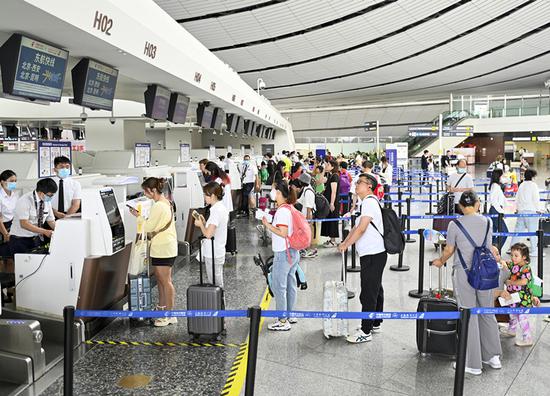
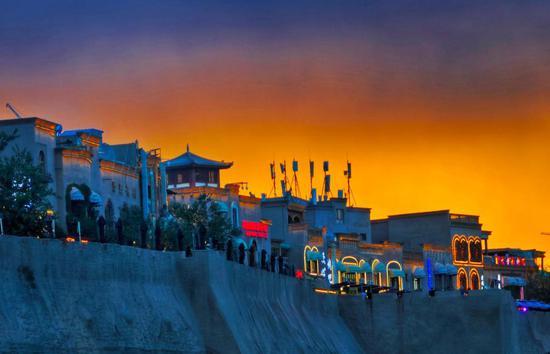
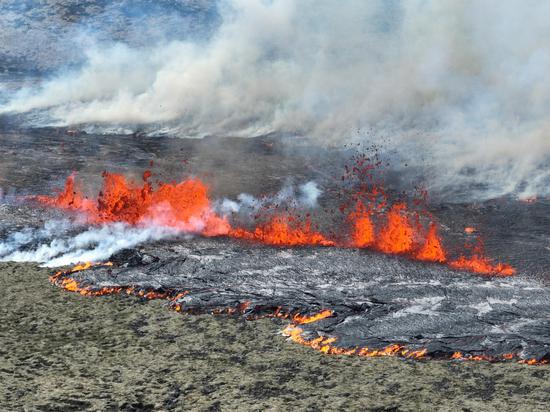
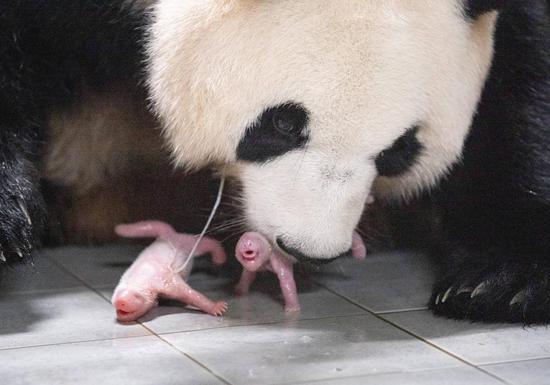
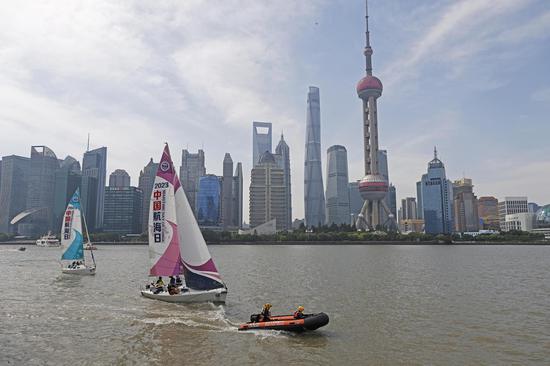
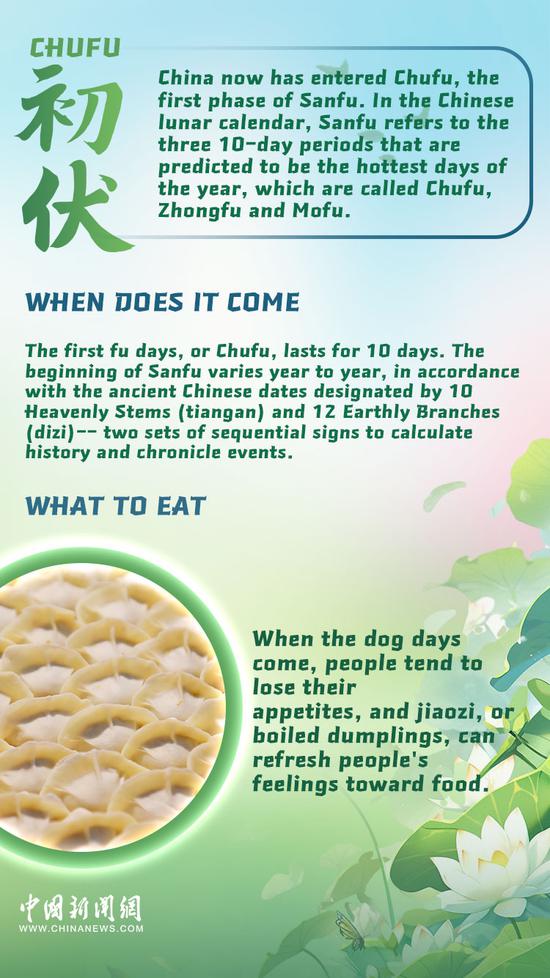
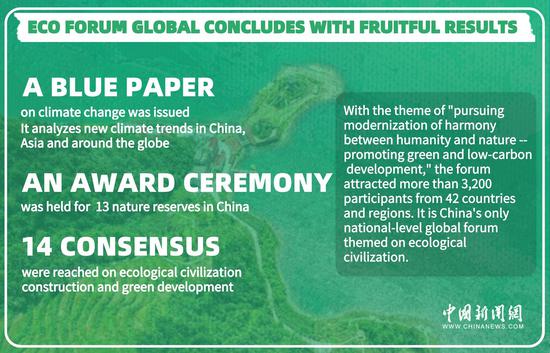
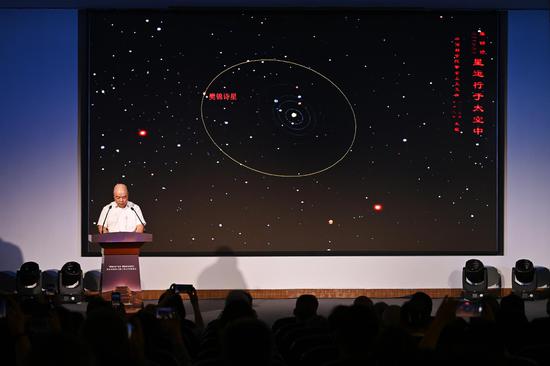
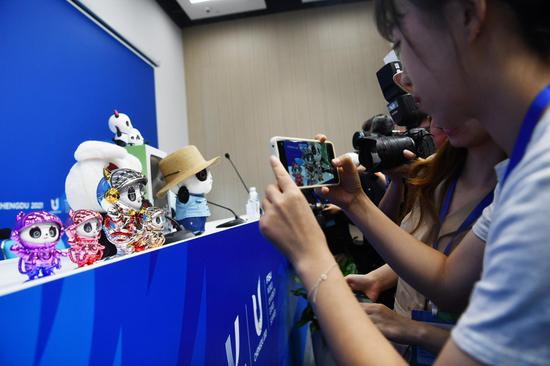
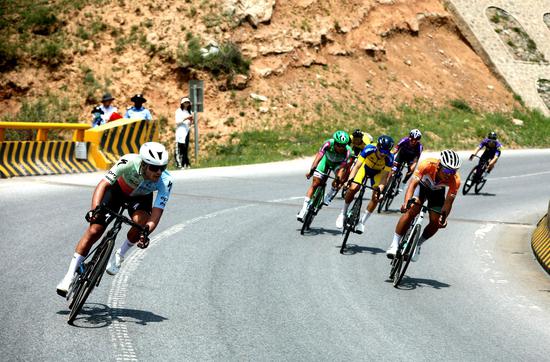
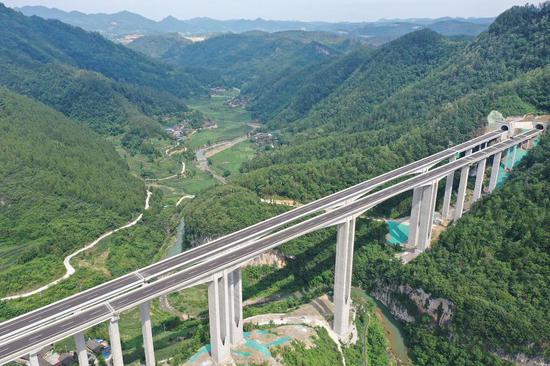
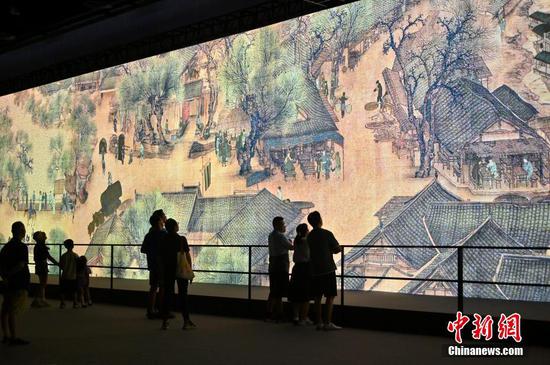
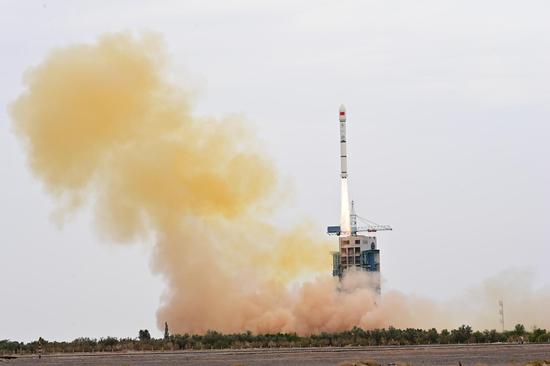
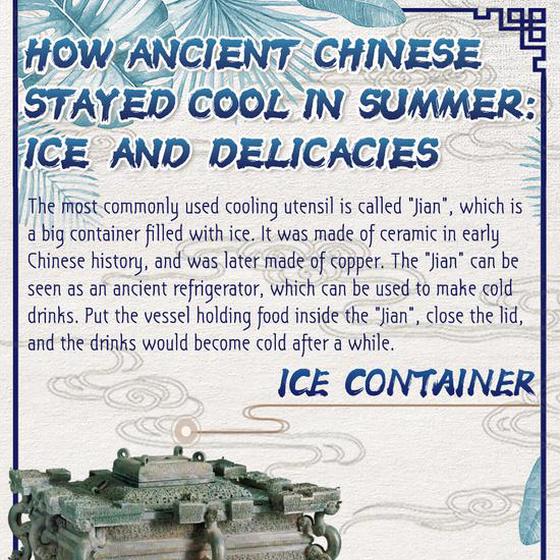
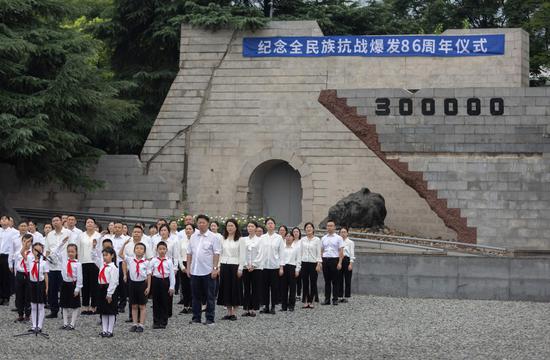
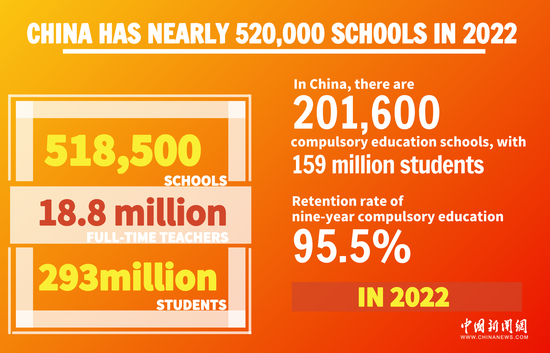





 京公网安备 11010202009201号
京公网安备 11010202009201号